THE LATEST FROM VALTASNews, updates, and stories to keep you in the know.
|
 What are your natural competencies as a leader? If you don’t know, how can you find out? And why should you care anyways? We’re helping today’s nonprofit leaders (and tomorrow’s nonprofit leaders in the making) answer these questions!
0 Comments
 When you hear the phrase “community outreach” what comes to mind? Most people immediately think of nonprofit organizations hosting community events, which isn’t necessarily wrong. However, on its own it’s an incomplete view of what community outreach means for nonprofits. Hosting events can be an important component of what outreach in our communities looks like, but it is, by no means, all that should be included. Often, this overly simplistic view of what is included in community outreach comes from a misunderstanding of what community outreach should accomplish. The goal of community outreach shouldn’t just be to recruit volunteers and increase funding to support the organization’s mission. Outreach should also be the organization’s mission.  In a recent article we published our team members offered their perspective on the most important topics facing nonprofit leadership these days. Liz Swanson, a nonprofit professional with over 30 years of experience leading mission-driven organizations, offered a key insight: The biggest issue I hear from Executive Directors is the rising cost of doing business… [they] are struggling to find balance between doing right by their staff (and compliance of the law) and doing right by the organization financial sustainability, especially in a time of declining donors. We want to highlight this challenge specifically because it’s one that all organizations are currently facing and will continue to face in the coming years. Our hope is that by highlighting the underlying causes of today’s rise in nonprofit costs and identifying some strategies to combat these challenges, we can equip nonprofit organizations to operate sustainably into the future.
 As nonprofit consultants, we often talk internally about the challenges our clients are facing. We will share with each other regarding cause-specific issues, new challenges, and emerging opportunities. Since our team is comprised of experienced nonprofit leaders that work mainly in interim Executive Director roles, we have a unique vantage point that offers us valuable insights into where the nonprofit landscape is headed. We’d like to share that perspective with you to give you a glimpse into what is most important in the world of nonprofit management right now! We recently asked our team the question, “What do you think are the most important issues facing nonprofit leadership this year?” These are some of their responses:  Originally posted: 5/22/23 Updated: 6/5/24 Risk management isn’t just for lawyers anymore because it’s not a matter of if adversity will strike, but when. Today’s nonprofits need leadership teams that understand nonprofit risk management best practices to ensure the organization can function effectively even when adversity arises. Nonprofit organizations face a multitude of internal and external risks that can affect their ability to achieve their mission. By adopting proactive risk management best practices, nonprofits can improve their organizational resilience to better sustain their impact in the face of an increasingly complex economic and operational landscape.  Last month we published a resource on executive onboarding for nonprofits that aimed to help boards set their Executive Directors (EDs) up for success. Our team of nonprofit consultants worked together, leveraging their many years of experience, to create a clear roadmap for onboarding an ED with activities that spanned from day one to the end of their first year. And while we got feedback from many of you that it was highly informative and helpful, we also got a lot of follow-up questions about performance reviews. We heard from Board Presidents who asked things like, “How can we tell how well our ED is doing?” and “What exactly should we be looking at in an Executive Director’s performance review?” It was clear that this is an area where boards sometimes need additional guidance, which is why we decided to create a follow-up resource. This article is meant to pick up where the first one left off to answer your questions about what should be included in an Executive Director’s performance review to set your leadership (and the organization as a whole) up for lasting success.  Imagine the following scenarios:
In the nonprofit space, like all spaces, things go wrong. This can happen regardless of your level of preparation, financial capacity, and good intentions. Organizational leaders at the board and staff level need to know what has gone wrong and why so that they can make informed course corrections. Usually, the sooner they know, the better. But often, bad news doesn’t reach key decision makers in a timely way and sometimes it doesn't reach them at all!  Jubilee Women’s Center has announced Elisabeth (Liz) Jarrard as their new Executive Director. Jarrard brings a proven track record of leadership excellence to the role and is excited to usher in this next chapter. In speaking of the road ahead, she has said, “I am wholeheartedly aligned with the mission and programming of Jubilee Women’s Center. It is needed, and it is effective. When we support each other, our entire community benefits.” Having formerly worked at Compass Housing Alliance for a decade, Jarrard has considerable experience across the affordable housing and emergency services sectors. |
THE LATEST FROM VALTAS
You are welcome to subscribe to get the latest news, updates and insights from our team. Subscribe:Ask Valtas!Categories
All
Archives
July 2024
|

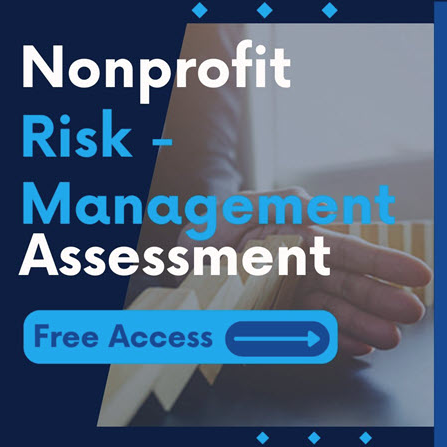
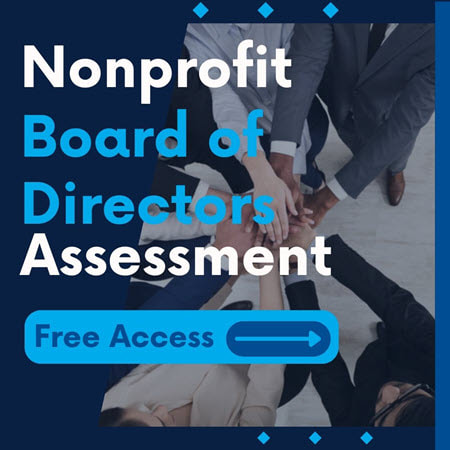
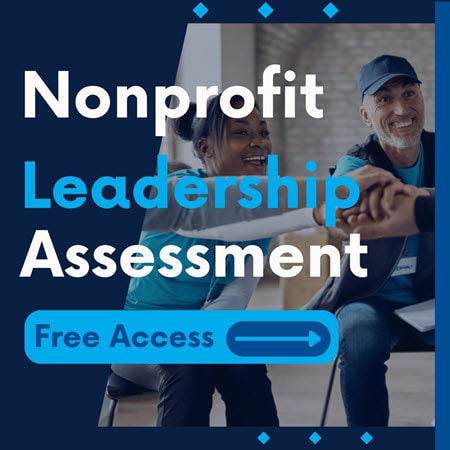
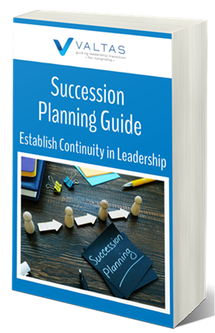
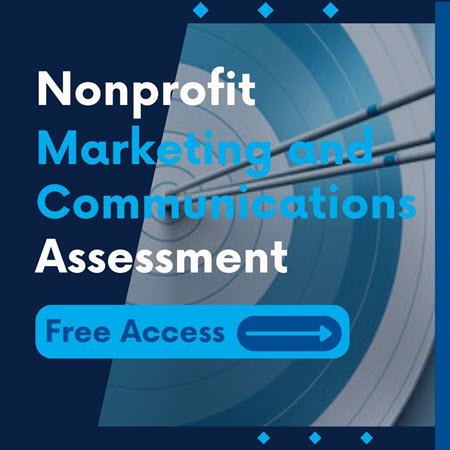
 RSS Feed
RSS Feed
